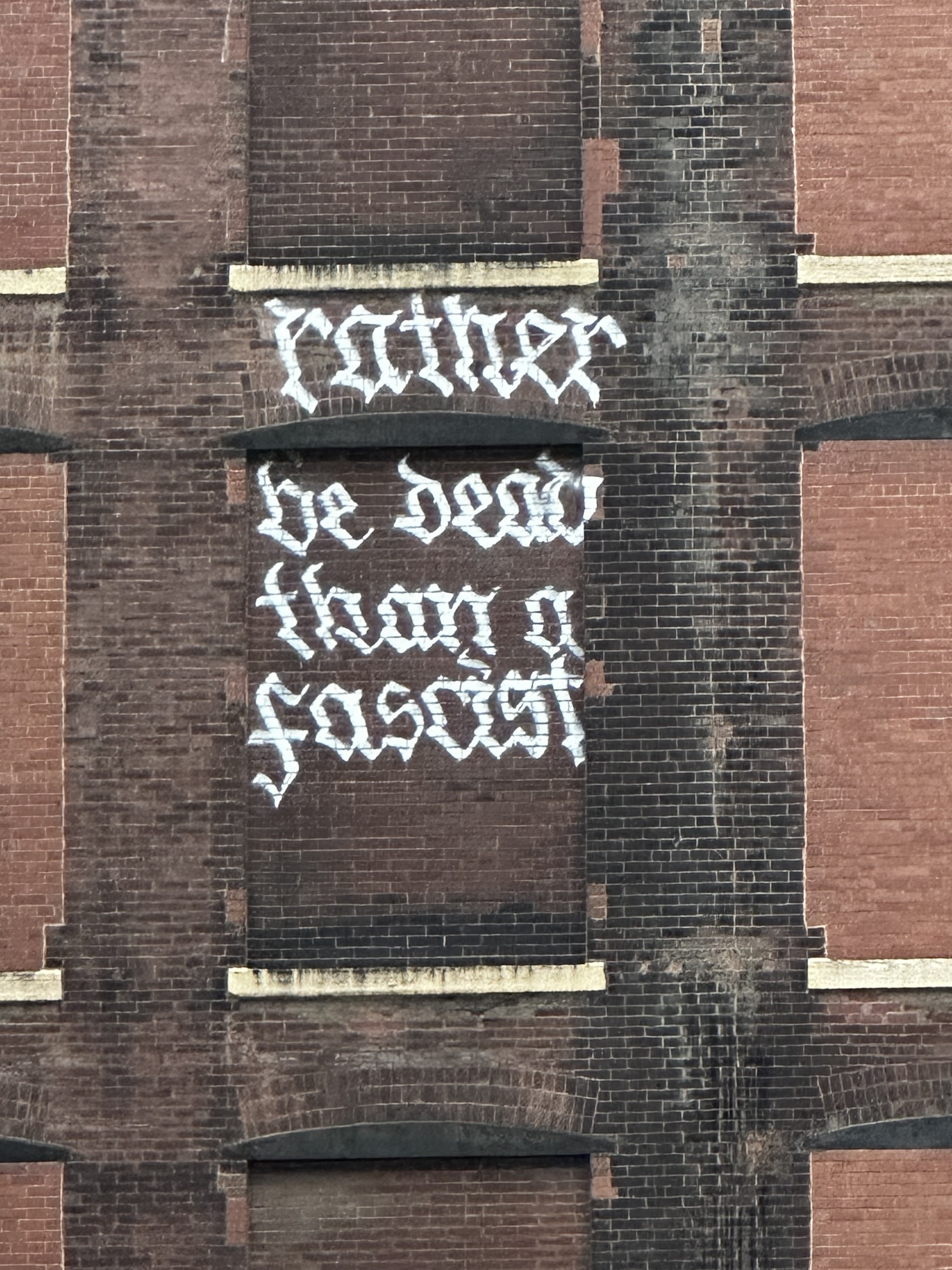Here is the amended complaint in Rourke-Rodriguez v. McMahon (N.D. N.Y.):

Here is the amended complaint in Rourke-Rodriguez v. McMahon (N.D. N.Y.):

In honor of the land claims settlement at Akwesasne:

Here is the opinion in In the Matter of White v. State of New York Tax Appeals Tribunal (N.Y. A.D.):
Here are the new materials in Canadian St. Regis Band of Mohawk Indians v. State of New York (N.D. N.Y.):
769-2 Akwesasne Mohawks Motion
Here are the materials in Mohawk Gaming Enterprises LLC v. Affiliated FM Insurance Co. (N.D. N.Y.):
The complaint is here.
Get ready to stay up late or set your recorder. Nightline page here.
ABC News Turning Point Series – Looking into What America Owes Native Americans.
Here is the complaint in Mohawk Gaming Enterprises LLC v. Affiliated FM Insurance Co. (N.D. N.Y.):
You must be logged in to post a comment.